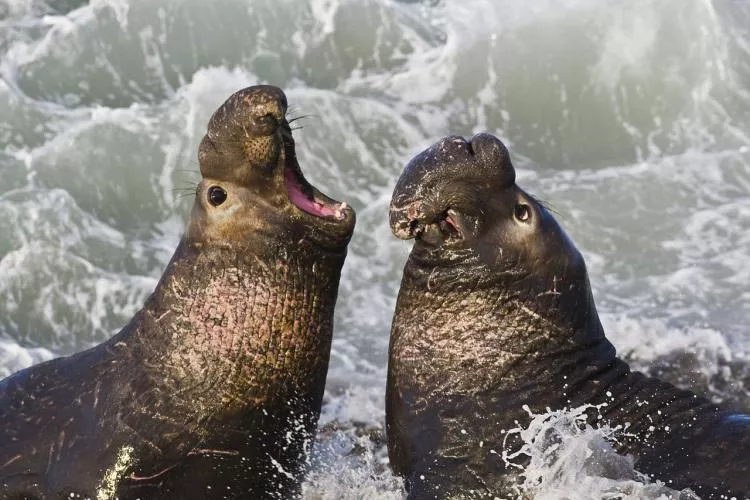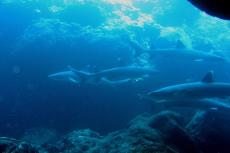Swine flu found in marine mammals
The H1N1 virus has been detected in free-ranging northern elephant seals off the central California coast a year after the human pandemic began. None of the infected seals appeared to be ill, indicating marine mammals may be infected without showing clinical signs of illness.
Between 2009 and 2011, the team of scientists from tested nasal swabs from more than 900 marine mammals from 10 different species off the Pacific Coast from Alaska to California.
They detected H1N1 infection in two northern elephant seals and antibodies to the virus in an additional 28 elephant seals, indicating more widespread exposure. None of the infected seal showed any clinical signs of illness
Wear protective gear
The findings are particularly pertinent to people who handle marine mammals, such as veterinarians and animal rescue and rehabilitation workers, Goldstein said. They are also a reminder of the importance of wearing personal protective gear when working around marine mammals, both to prevent workers' exposure to diseases, as well as to prevent the transmission of human diseases to animals.
We thought we might find influenza viruses, which have been found before in marine mammals, but we did not expect to find pandemic H1N1
Tracey Goldstein, an associate professor with the UC Davis
When elephant seals are at sea, they spend most of their time foraging in the northeast Pacific Ocean off the continental shelf, which makes direct contact with humans unlikely, the report said.
"The study of influenza virus infections in unusual hosts, such as elephant seals, is likely to provide us with clues to understand the ability of influenza virus to jump from one host to another and initiate pandemics," said Garcia-Sastre, professor of microbiology and director of the Global Health and Emerging Pathogens Institute at the Icahn School of Medicine.
- Log in to post comments




























